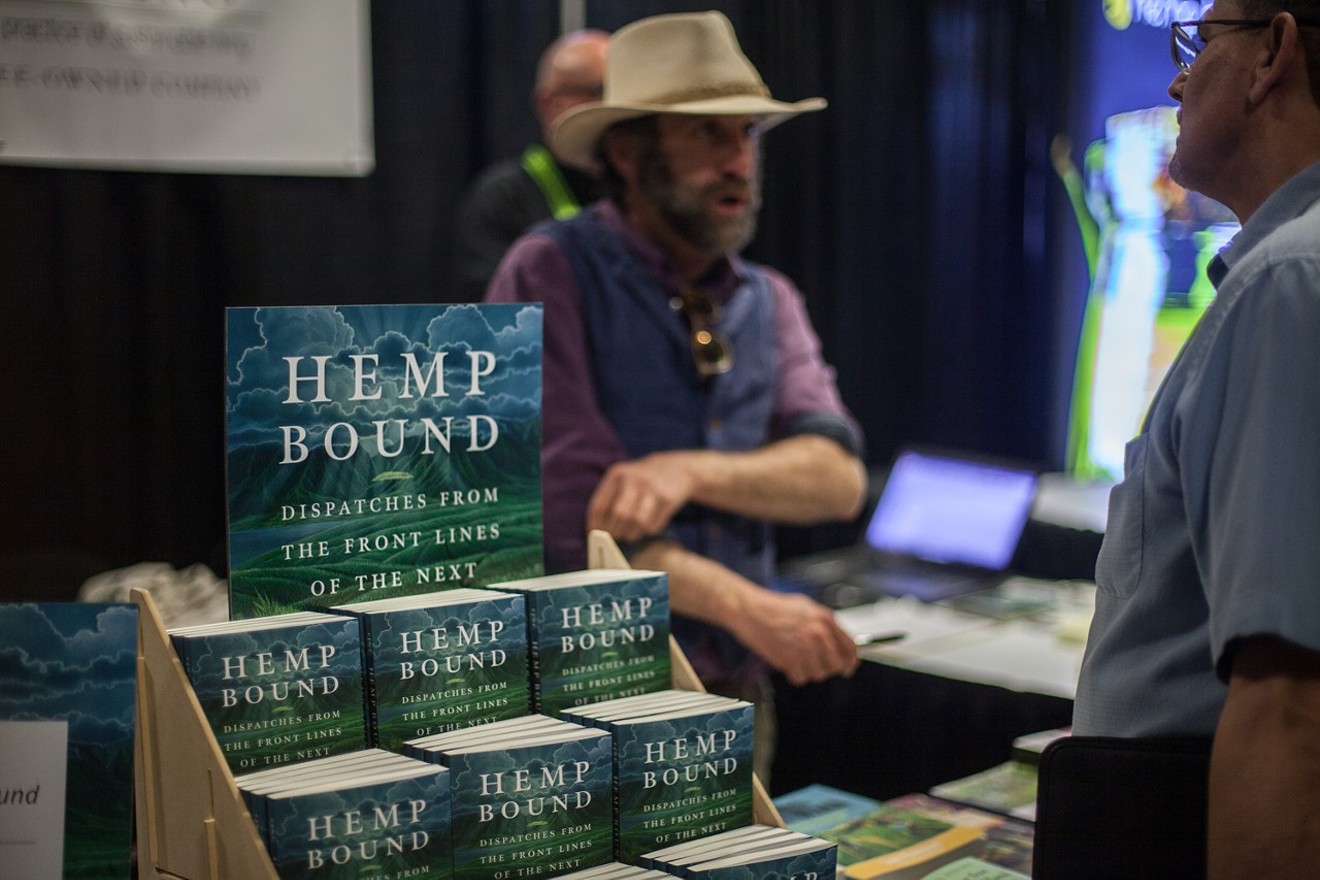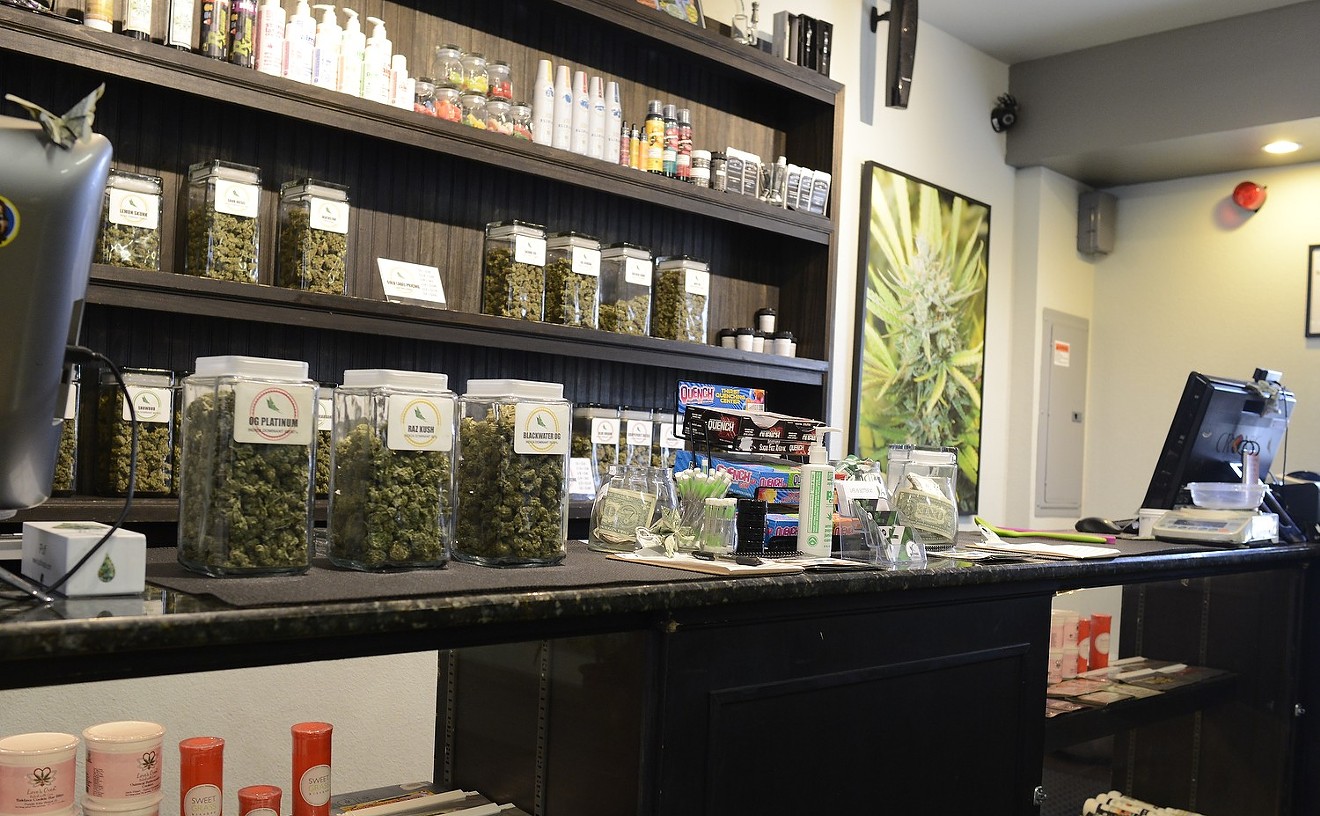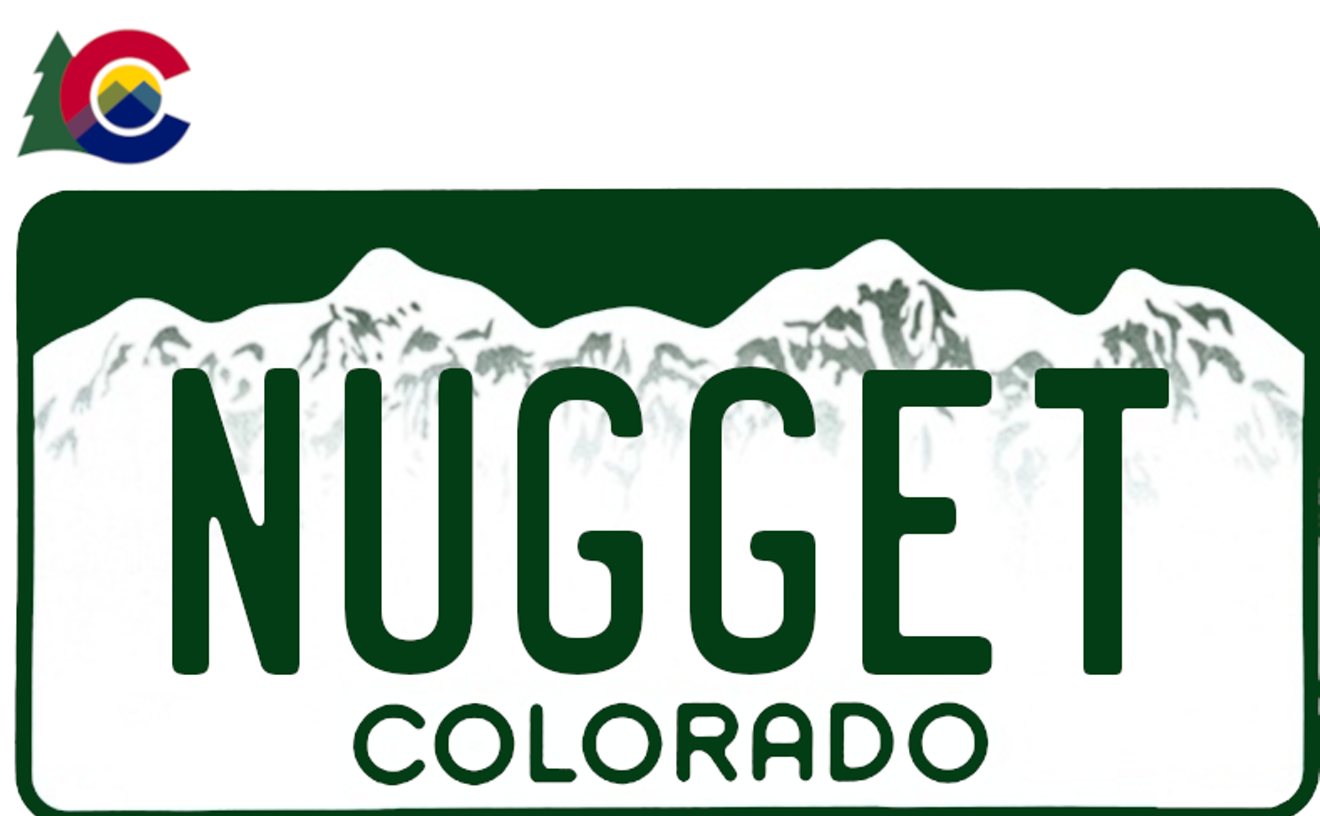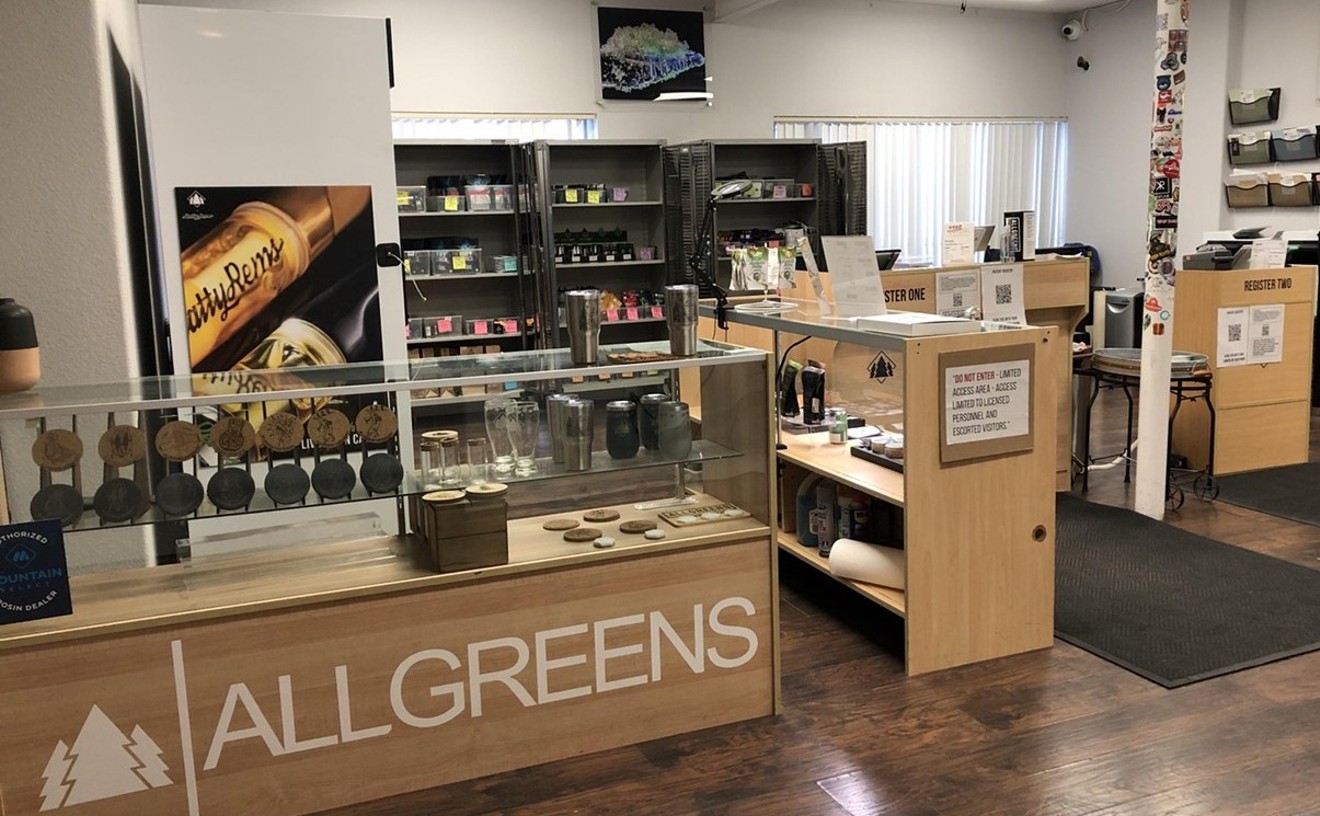Although the 2018 federal Farm Bill legalized hemp for farming at the end of last year, there's still plenty of confusion about the non-intoxicating version of marijuana, particularly with traditional media like television. But social-media companies — a relatively new form of media — have also frustrated the emerging industry by deleting certain profiles and prohibiting hemp companies from advertising.
"[Facebook] sort of has a blanket over cannabis, and is unable to really differentiate between hemp, which is legal federally, and marijuana," says HIA executive director Colleen Lanier. "We feel that it's really unfortunate that Facebook is promoting this artificial intelligence to tell things apart, and they can not seem to get it right for cannabis, especially hemp. We can put a billboard up in Times Square, but we can't pay for a boost on Facebook."
Lanier isn't joking: Since 2015, her organization has been trying to meet with Facebook representatives, but has been unsuccessful. Now the HIA has paid for a digital billboard in New York City's Times Square that will run daily through August 24, reading "Facebook: Stop Censoring Hemp."

The Hemp Industries Association's billboard will run until August 24.
Courtesy of the Hemp Industries Association
Facebook, which also owns Instagram under Facebook Inc., has held a firm anti-marijuana advertising policy despite social acceptance growing for the plant over the past several years. There are numerous cases of hemp advocacy posts, CBD brand pages, cannabis educational platforms, entertainment pages and medical marijuana groups being suspended, prohibited or banned by Facebook, either in individual circumstances or broad sweeps. Facebook Inc. was recently sued by a cannabis media and education company over its advertising policies, according to Forbes.
Asked about its policies, Facebook tells Westword that the website permits the advertisement of non-ingestible hemp products without CBD, such as clothes and plastics. Hemp-infused food and any products with CBD are still prohibited from advertising, according to Facebook's media department, but the social media giant is considering the possibility of allowing hemp seeds, hemp milk and hemp oil (without CBD) to advertise on its platforms.
While THC-laden marijuana is likely to stay on Facebook's shit list until federal prohibition is lifted and CBD products are still waiting for approval from the Food and Drug Administration, industrial hemp companies think that they shouldn't be stuck waiting.
"Congress has made the most powerful statement that it could: that hemp is lawful, and that this substance is not to be stigmatized any longer," explains Hoban Law Group attorney Garrett Graff, who represents clients across the hemp industry. "There's very little guidance provided in the rhyme or reason as to why these advertisements, pages and profiles are shut down."
Since hemp was legalized, Graff says, the Facebook pages and profiles of industrial hemp companies have been allowed to operate with less interference, but advertisements or sponsored posts on Facebook and Instagram related to hemp continue to be blocked. To avoid confusion or unnecessary red flags, Graff advises his clients to stay away from any phrases or images that might connect their hemp brands to marijuana.
"They all need to be cautious about the phrasing and imagery being used. For example, using a cannabis leaf could add to that stigmatization," he points out, adding that traditional advertising routes through the Internet, television and print are just as challenging. "There's no one specific answer, because the answer could be different depending on the organization, and the state and platform they're trying to advertise with, whether that's Amazon or something else."
Graff and Lanier believe the harsh treatment of the hemp industry is rooted in a misunderstanding of the plant's new legality. However, state governments must still draft hemp-farming regulations or opt in to upcoming rules that will be released by the U.S. Department of Agriculture — and not everyone is on board. For example, South Dakota governor Kristi Noem vetoed a bill that would've legalized industrial hemp in her state, while three truck drivers hauling 7,000 pounds of hemp across the Oregon-Idaho border in early 2019 still face charges in Idaho, which does not differentiate between hemp and marijuana.
"It's an unfair expectation that these advertising companies can cut through the BS and understand the true status of hemp," Graff says. "We've certainly been encouraged by the recent passage of the 2018 Farm Bill — but the hope is to help compel a number of these outside stakeholders to be more embracing of the hemp industry."












